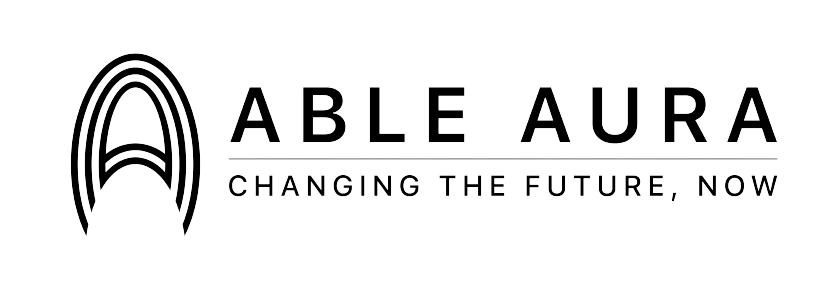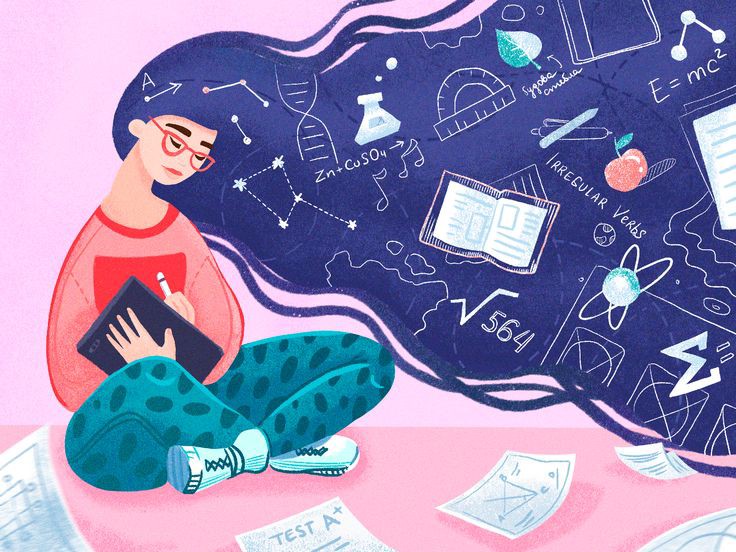Revolutionizing Education for People with Visual Disabilities through Assistive Technology
Assistive technology is rapidly advancing in the world of visual disabilities, with an increasing number of accessible technology and devices being developed to help individuals live independent lives. However, countries like India still need to improve their medical facilities, mobility options, and access to education and assistive technology kits. To improve assistive technology services for visual disabilities in India, the first step is to create awareness and sensitize eye care professionals, potential beneficiaries, caregivers, and their families.
The importance of assistive technology cannot be overstated, as it provides students with visual impairments access to functional, educational, and social opportunities. By increasing, maintaining, or improving their functional capabilities, assistive technology creates a more even playing field and allows these students to compete more effectively within educational settings. Unfortunately, many students with visual disabilities fail to utilize the facilities provided by the government due to a lack of awareness in technology.
There are many devices and facilities available to enhance the development of individuals with visual disabilities, ranging from magnifiers and large print materials to high-tech devices such as modified computer systems, portable note-takers, Closed Circuit Television CCTV, refreshable Braille displays, and reading systems for both low vision and blind students. However, the provision of assistive technology is highly individualized and should only be provided after an assistive technology evaluation. What works best for each student depends on their specific needs in a variety of settings.
Students require additional assistive technology and services to improve their education and living standards, which can be provided by qualified individuals such as social workers, psychologists, and guidance counselors. Blind and visually impaired individuals have a variety of goals and objectives, just like sighted individuals, and they can achieve these goals with the help of technology and humanity. It is important for parents to be aware that these services are available at no cost, based on their child’s educational needs.

